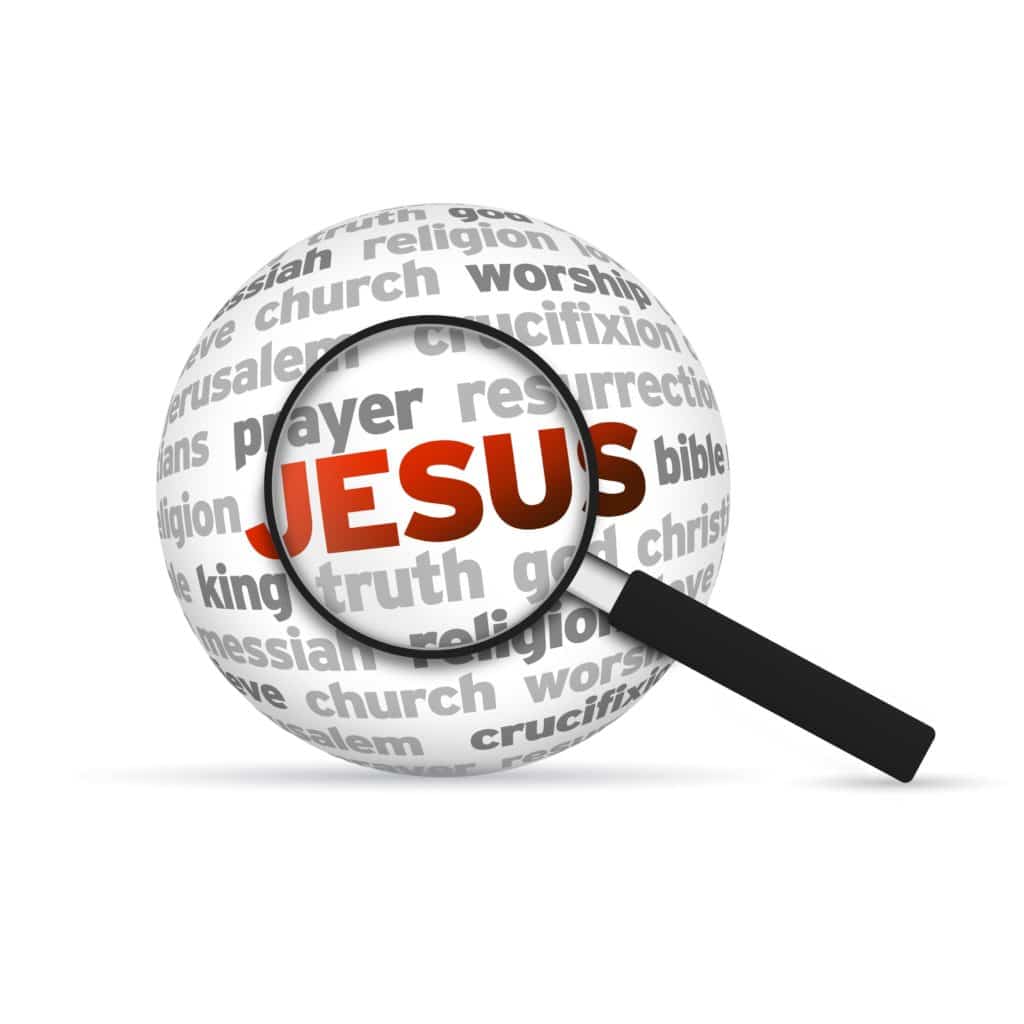Kingdom Incarnate Part 11

At Keys Vineyard Church, we are presenting a series called ‘Kingdom Incarnate,’ which we post here on Online Bible Institute.
We continue in our series ‘Kingdom Incarnate,’ which endeavors to teach us to ‘see’ and ‘know’ Jesus in the gospels. Last week we talked about the temptation in the wilderness and how Jesus deals with it through the scripture, the Bible. This week we are moving into Luke 5 and discussing forgiveness and unforgiveness.
Luke 5:17–26 (NIV)
17 One day Jesus was teaching, and Pharisees and teachers of the law were sitting there. They had come from every village of Galilee and from Judea and Jerusalem. And the power of the Lord was with Jesus to heal the sick. 18 Some men came carrying a paralyzed man on a mat and tried to take him into the house to lay him before Jesus. 19 When they could not find a way to do this because of the crowd, they went up on the roof and lowered him on his mat through the tiles into the middle of the crowd, right in front of Jesus. 20 When Jesus saw their faith, he said, “Friend, your sins are forgiven.” 21 The Pharisees and the teachers of the law began thinking to themselves, “Who is this fellow who speaks blasphemy? Who can forgive sins but God alone?” 22 Jesus knew what they were thinking and asked, “Why are you thinking these things in your hearts? 23 Which is easier: to say, ‘Your sins are forgiven,’ or to say, ‘Get up and walk’? 24 But I want you to know that the Son of Man has authority on earth to forgive sins.” So he said to the paralyzed man, “I tell you, get up, take your mat and go home.” 25 Immediately he stood up in front of them, took what he had been lying on and went home praising God. 26 Everyone was amazed and gave praise to God. They were filled with awe and said, “We have seen remarkable things today.”
In Luke 5:17-26, we witness a remarkable moment in Jesus’ ministry. A paralyzed man is lowered through the roof by his friends, desperate for healing. Yet, before Jesus addresses his physical condition, He speaks to something deeper: “Friend, your sins are forgiven.” (Luke 5:20, NIV). The religious leaders are outraged—who but God can forgive sins? But Jesus, in His divine authority, demonstrates that forgiveness is essential and powerful. He proves His ability to heal both body and soul, showing that true freedom begins in the heart.
This moment teaches a powerful truth: we often focus on the obvious problem, but Jesus addresses the real issue beneath it. And one of the biggest hidden struggles many of us carry? Unforgiveness.
Holding onto resentment is like spiritual paralysis—it keeps us stuck. Forgiving isn’t easy, especially when we’ve been deeply wronged, but Jesus calls us to release the weight of unforgiveness, just as He did for the paralytic that day.
Ephesians 4:31-32 reminds us:
“Get rid of all bitterness, rage and anger, brawling and slander, along with every form of malice. Be kind and compassionate to one another, forgiving each other, just as in Christ God forgave you.”
When we forgive, we release ourselves from the chains of anger and bitterness. Unforgiveness seeps into every area of life—it poisons relationships, clouds decisions, and even affects physical health. Studies show that forgiveness reduces stress, improves heart health, and strengthens relationships. It is not a sign of weakness, but a declaration of freedom.
Unforgiveness isn’t a shield—it’s a prison. Many believe that withholding forgiveness protects them from further pain, but in reality, it keeps them bound. The person who hurt you may not even think about their actions, yet you remain resentful. God doesn’t command forgiveness to burden us but to free us.
Forgiveness is often misunderstood. Many hesitate to forgive because they fear it means excusing harm or inviting further hurt. But forgiveness is not:
Pretending everything is fine – True forgiveness acknowledges the pain while choosing to move forward.
Forgetting – Nowhere does the Bible say “forgive and forget.” God chooses to forget our sins but does not require us to erase painful memories.
Reconciliation – Forgiveness does not always mean restoring a relationship. Sometimes, wisdom requires boundaries.
Forgiveness is releasing anger and resentment and entrusting justice to God. Jesus’ words in Luke 5 show us that forgiveness is the first and greatest healing we can receive. And as we receive it, we must also extend it—walking in the freedom that only forgiveness brings.
This weekend at Keys Vineyard Church, we will discuss all this and more, so be sure to join us in person or online.
Steve Lawes is a pastor at Keys Vineyard Church and also the founder of the Online Bible Institute Network.

